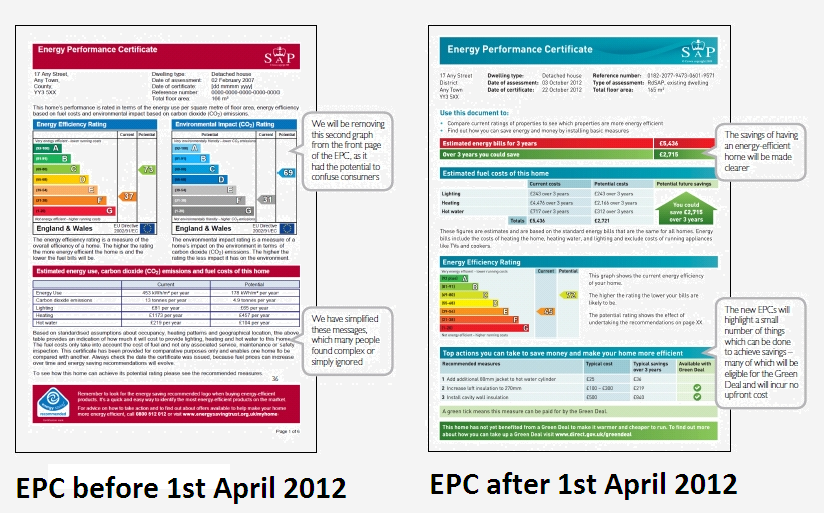Wednesday, 04/03/2026 | 05:24 GMT+7
Energy Performance Certificates (EPCs) have been in place in the UK since 2008. But have we made maximum use of them in promoting energy efficiency? In the Netherlands they’re taking a radical new approach – by sending every home in the country a document with their A to G home energy rating. Big data on homes and energy is now a major part of EST’s work. We coordinate Request2Action, a project that brings together energy agencies across Europe; working together to make best use of data to encourage energy efficiency.
At a recent Request2Action meeting in Brussels, our Dutch partners presented their new national approach to EPCs. An energy label for every home In the UK about 40 per cent of homes have an EPC. And very often its a document that sits forgotten in a drawer. But every Dutch household will soon be reminded, or informed, of their energy rating through an official energy label that is posted to them. It will be an official document but won't be the legally valid EPC that's required when the property changes hands. But like an EPC, it will give an energy rating and provide advice on improvements the home owner could make to their home. The label sent to householders is produced with the power of big data (extremely large data sets that may be analysed to reveal patterns, trends and associations, especially relating to human behaviour and interactions).
With high quality data about the housing stock, the Dutch know the size and construction of most homes, the types of heating system and which homes are likely to have have insulation. Digital Energy Performance Certificates Since 2008 the European Commission has required EPCs to be provided whenever a home is sold or rented out in every EU country. Dutch politicians, reluctant to tinker in their housing market, introduced the certificates but made no real effort to enforce the requirements. They managed to hold out until 2014 before the EU's infraction proceedings started to take a sterner view, forcing a new approach.

The new Dutch EPC system is designed to make it easy and cheap for householders to get an EPC, without the need for an assessor to visit the house. So how will it work? As we describe above, every home will be sent their own provisional energy label with estimated energy information about the home. Once they've got it, they can go online and update the information about the property. They might want to do this to just to get a more accurate estimate of their energy rating. But if they want to get an official EPC they will need to do this. By updating the information online they upgrade their energy label into an official EPC. If the householder states that their home is more energy efficient than official estimates suggest - for example because they've upgraded loft insulation or fitted solar panels - they will have to provide evidence that that is the case.
The evidence the householder submits will be certified by an independent energy assessor. For landlords, the approach will be slightly different: many social landlords (there aren't many private landlords), in the Netherlands have already produced EPCs for their properties. These EPCs are part of the official rent legislation. The government will work with landlords on an energy index of their properties based on their existing EPC data, or based on a revised detailed calculation method for the energy index. Would it work in the UK? It would be hugely powerful to send every home in the country their energy label. On the practicalities of producing an energy label for every home in the UK, Energy Saving Trust Housing Data Manager, Will Rivers, said:
"It would certainly be possible to send an initial energy label to every home in the UK - and people would probably be surprised at how accurate it can be."
He explains that by working with the Scottish Government, the Energy Saving Trust has data on homes in Scotland that enables us to say with up to 96 per cent certainty whether a given property has modern insulation, a condensing boiler, or is suitable for solar panels. And it would be fairly straightforward to do the same thing in England and Wales, adding:
"It would be really helpful to let every householder know the energy facts about their home and what they can do to save energy. But while we think sending out an indicative energy label is a good idea, I don't think official Energy Performance Certificates should be produced through the internet."
The current UK arrangement - whereby professional domestic energy assessors visit a home to produce a certificate - ensures that households get specific face-to-face advice. Rather than getting rid of in-home assessments, we're keen to see become more of an added-value product. At EST we want highly skilled home assessors providing expert advice at a price that's fair for both the home owner and the assessor.
Truong Duy







